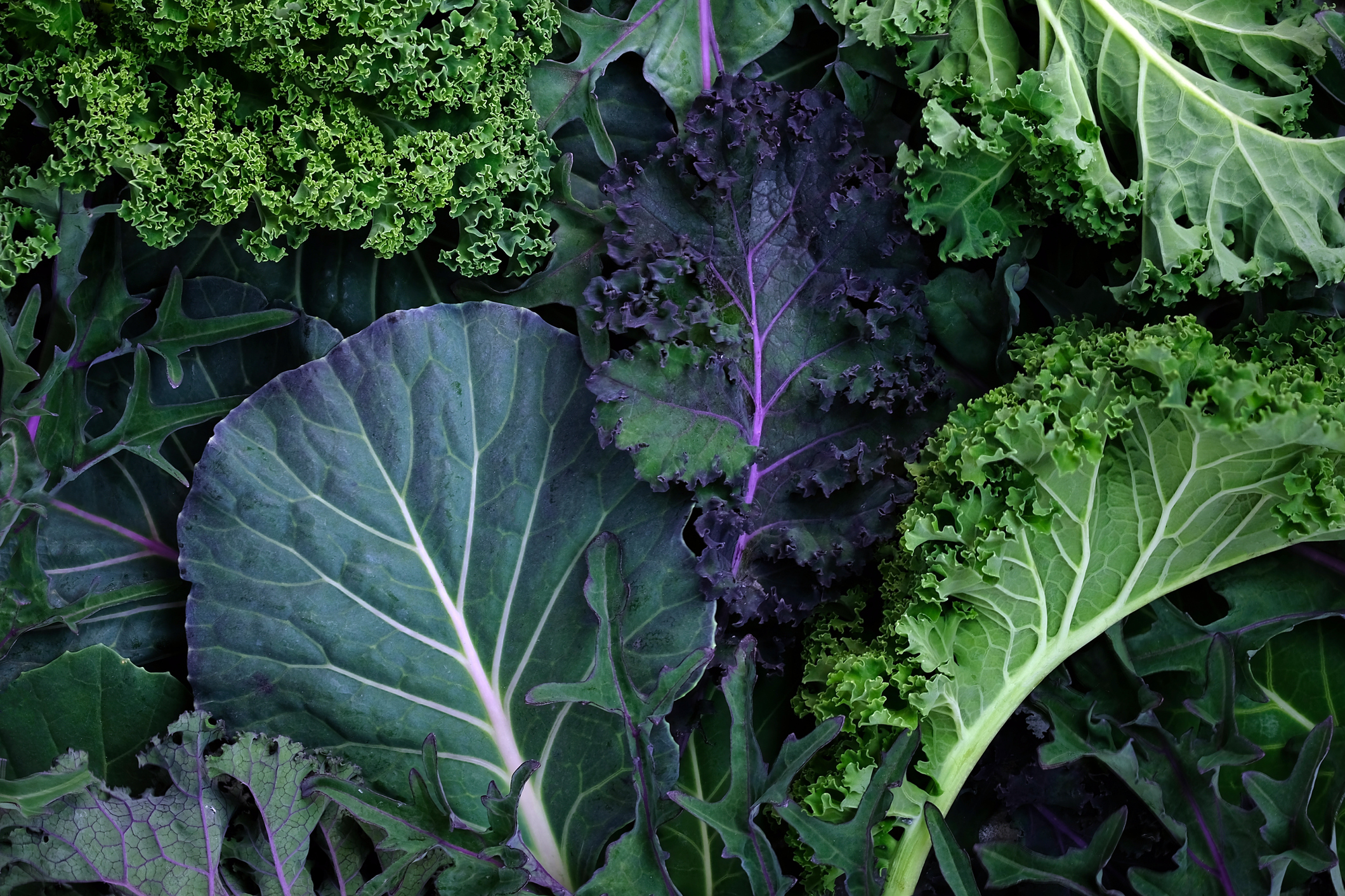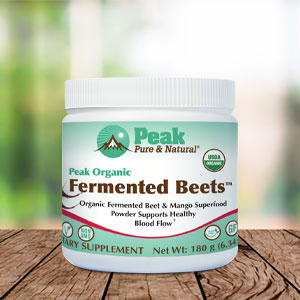Get Easy Health Digest™ in your inbox and don’t miss a thing when you subscribe today. Plus, get the free bonus report, Mother Nature’s Tips, Tricks and Remedies for Cholesterol, Blood Pressure & Blood Sugar as my way of saying welcome to the community!
The greens that may save you from stroke or heart attack

Even I get bored with the message that we should eat more fruits and vegetables. But it got my attention when I saw this: Eating more leafy green vegetables could save your heart and your brain.
Considering that in the United States, stroke is the third leading cause of death, this warrants some attention.
Research published in the prestigious Journal of the American Medical Association (JAMA) looked at 20,000 people in China. What they found was that giving people additional folate via supplementation reduces the risk of stroke and heart attack.
In China, strokes (brain attacks, as opposed to heart attacks) are the leading cause of death. So researchers wanted to see if the nutrient would help people with high blood pressure to avoid strokes and heart attacks.
Instead, they discovered that that the anti-stroke effects of additional folate will work for just about anyone, especially people who don’t get enough from food.
The researchers point out: “Although the trial participants all had hypertension, there is little reason to doubt that the results would apply to normotensive persons (people with normal blood pressure)…”
The Chinese study lasted for more than four years. Over that time, getting more folic acid reduced the chances of having a stroke or a heart attack by 21 percent.
Where best to get your folate
What you should know is that folic acid is the synthetic form of vitamin B-9. The natural source is dark leafy green vegetables. The synthetic vitamin isn’t absorbed by your body very well and isn’t as effective as the natural form. So imagine how much better the results of their study would have been if they had used folate, the natural form of B-9?
Fortunately, it’s easy to get plenty of naturally-occurring folate in your food. The best sources include spinach, asparagus, turnip greens, broccoli, mustard greens, collard greens, and liver. Lentils and other beans also are high in folate.
Beets are also a surprisingly high source of folic acid. In fact, beets have been recommended for use as a natural source of folic acid for vitamin supplements. An average beet can contribute 100 to 150 micrograms of folic acid.
“Beets are among the highest vegetable contributors of folic acid,” said Irwin Goldman, a horticulturist at the College of Agricultural and Life Sciences, who studied folic acid in beets with graduate student Min Wang. “One average size beet contributes 25 percent of the U.S. Food and Drug Administration’s recommendation for adults.”
A big plus about beets, too, as far as blood pressure goes, is that they help the body produce nitric oxide, a natural vasodilator.
Researchers wrote in JAMA that the fewer folate-containing vegetables you eat, the more likely you are to benefit from supplements.
When you look for a B-vitamin supplement it should have folate instead of folic acid. Try to get at least 400 mcg of supplemental folate. And remember that vitamin C improves the bioavailability of folate because it stops it from breaking down too fast in the stomach.
Editor’s note: Have you heard of EDTA chelation therapy? It was developed originally to remove lead and other contaminants, including heavy metals, from the body. Its uses now run the gamut from varicose veins to circulation. Click here to discover Chelation: Natural Miracle for Protecting Your Heart and Enhancing Your Health!













